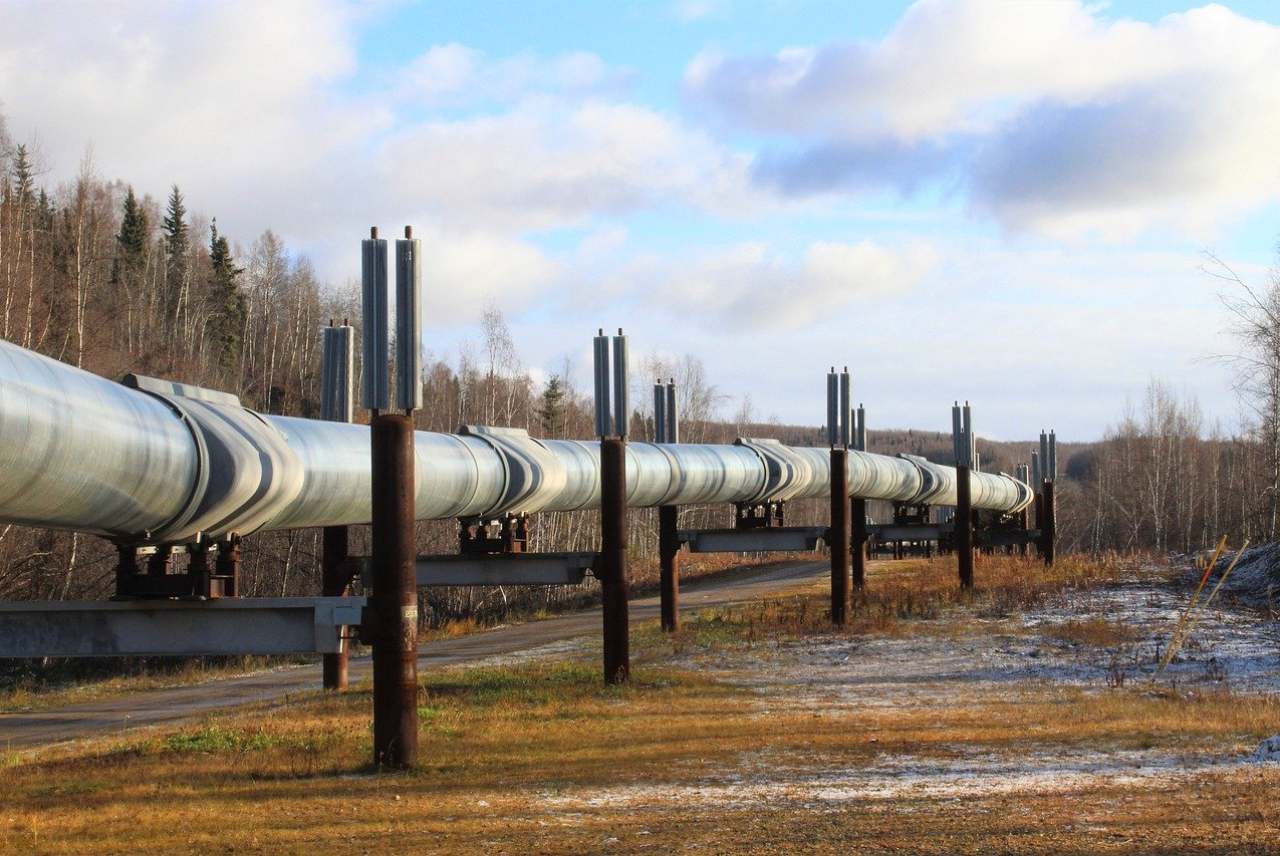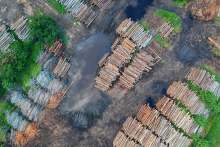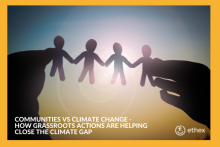The Banking on Climate Chaos 2021 report investigates the world’s 60 largest private sector banks and finds that together they have financed fossil fuel industries with $3.8 trillion since the Paris Agreement was adopted in 2016.
The 2020 financial figures are higher than those of 2016, with the overall trend going in the wrong direction. The authors of the report said:
“No major oil and gas company has yet released a climate pledge or sustainability plan that meets the bare minimum criteria for alignment with the Paris Agreement, and their bankers need to face this reality when making financing decisions.”
What is the Paris Agreement?
The Paris Agreement treaty was adopted in Paris in December 2015 at the Climate Change Conference and came into force during 2016. It commits its signatories (190 so far) to:
- Limit temperature rise to 1.5C of pre-industrial levels
- Commit to reduce greenhouse gas emissions
- Cooperate on financial and technical assistance globally
It will be difficult to meet these commitments if fossil fuel industries are being financed at the current rate.
How do UK banks compare globally for funding fossil fuels?
The report adds up financing (lending, and underwriting of debt and equity issuances) from the world’s 60 biggest banks for the fossil fuel sector as a whole. It also highlights which banks are funding companies which are expanding their fossil fuel industries and which banks are funding which industries, such as coal or oil. The report looks at around 2300 companies which are involved in the extraction, transportation, transmission, combustion, or storage of any fossil fuels or fossil-based electricity.
According to the report Barclays currently tops the league table in Europe. It also lies 7th overall in the global list of the top 60 banks financing companies associated with fossil fuels during 2016-20. HSBC is not far behind in 13th position. However, the amount Barclays financed was just under half of what the highest investor, JPMorgan Chase, financed over the same period.
|
Position |
Bank | Total funded |
|---|---|---|
| 7th | Barclays | $144.897 billion |
| 13th | HSBC | $110.745 billion |
| 32nd | Santander | $34.036 billion |
| 46th | Natwest | $13.393 billion |
| 48th | Lloyds | $11.979 billion |






